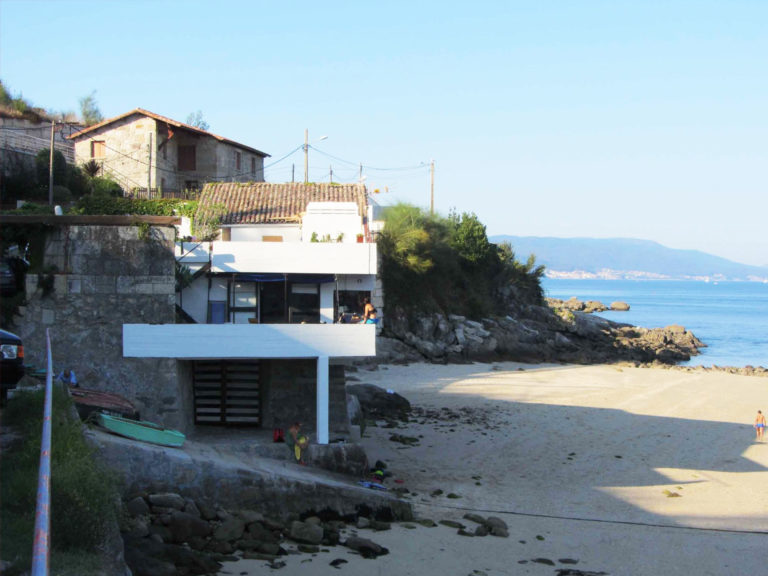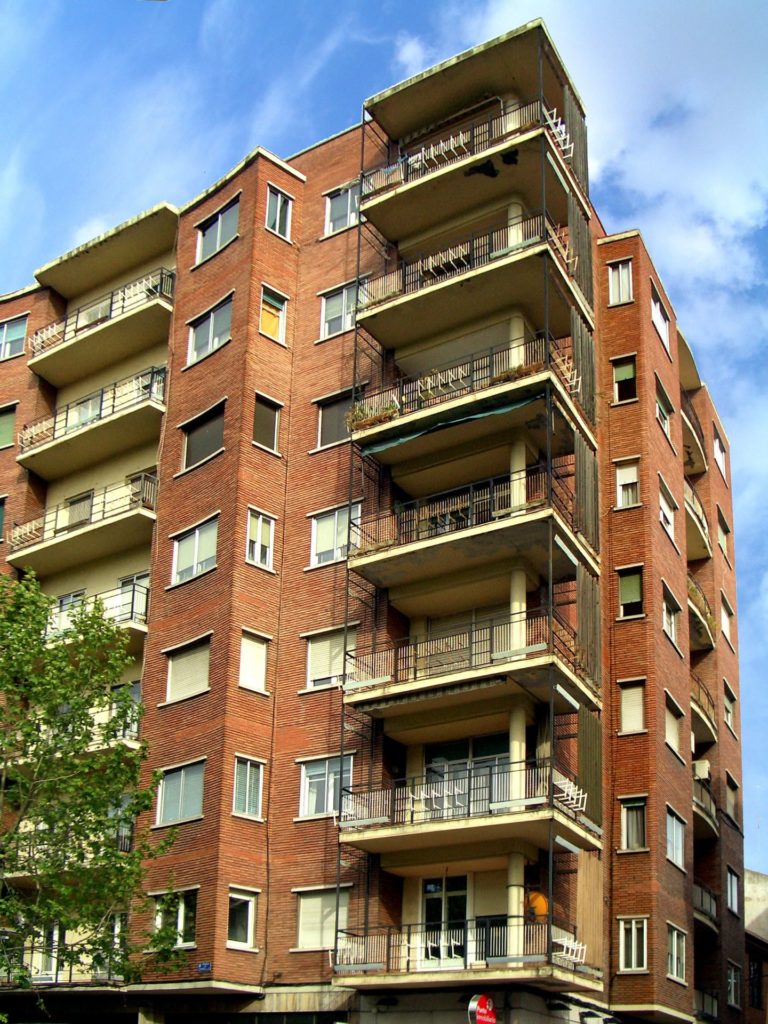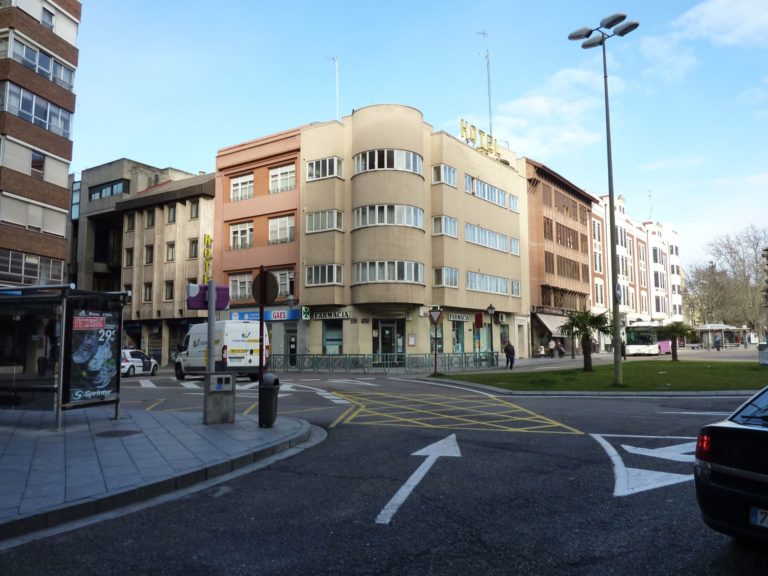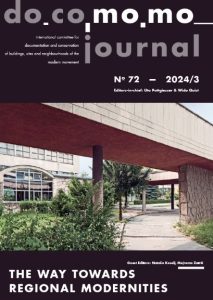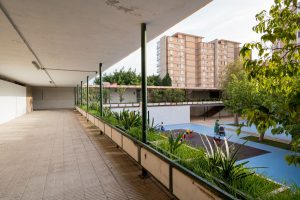Resumen
The new image that the Venezuelan city acquired thanks to radical transformations operated from the first half of the XX century, image of disorder and chaos, was dramatically foreseen and/or registered by our narrators and novelists of the period. This thesis rakes in the imaginary literary of that modern urbanization, in order to understand the reasons exposed by our intellectuals, and that explain in part the mistake in the materialization of our modernity. It offers a constant interconnection between the literature content and the material experiences in the construction of the Venezuelan modern city. The thesis tries to recreate three big scenarios: the traditional city that grows and its transformation; the city of the oil and the one based on a supposed anti-urban attitude. Three scenarios although apparently disconnected, but they are linked to obey all one desired and necessary modernization. The novels constitute the primary sources in which it is based the investigation, also supported by the same novelists’ exemplary essays and for specialized references about the urbanism in Venezuela. From the first scenario the city spaces that the writers exalt as principal constituents of the city highlight and that them experiment radical changes. In the second one, a comparison among literary references of oil towns in foreign countries, in order to know if the previous experience in those countries influenced in the materialization of our towns. And finally, in the third one and last imaginary, it is highlighted the contradiction between an apparent anti-urban literature attitude and the deep urban vocation of the inhabitants and the writers of the country. Therefore, city and literature are conjugated to give body to this thesis.
Ver tesis